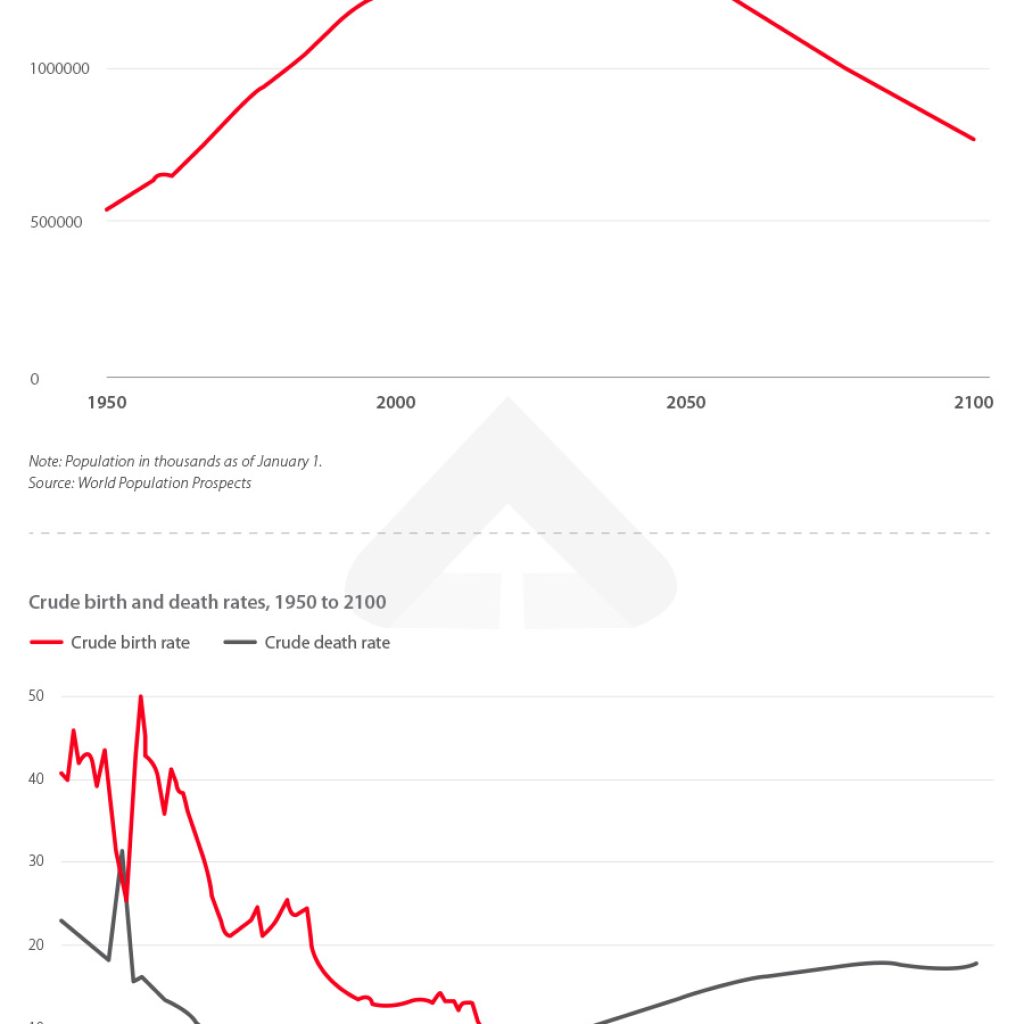In the wake of a landmark encounter, Chinese President Xi Jinping indicates a promising thaw in the ice-cold diplomatic relations between China and the United States.
The President’s comments underscore the strongest sign yet that Beijing might entertain the possibility of a ceasefire in its ongoing dispute with Washington.
Landmark encounter signals progress
The president’s declaration follows a long-overdue meeting with Antony Blinken, the first U.S. Secretary of State to visit the Chinese capital since 2018. Xi Jinping underscored the global implications of this bilateral relationship, stressing its significance to the destiny of mankind.
This high-profile dialogue with Secretary Blinken underscored the shared responsibility to world history and the international community in managing U.S.-China relations.
This meeting yielded some notable advancements and consensus on specific issues, signifying a concerted effort to stabilize the relationship.
Acknowledging the progress, President Joe Biden commended Blinken’s efforts during a press conference in California, stating confidently that tangible progress had been made.
Blinken echoed this sentiment in a subsequent press meeting, emphasizing the mutual obligation both nations have in managing their relations responsibly.
The relationship, he said, had been in a precarious state of instability that needed addressing. The move towards establishing better lines of communication was crucial to ensure that competition does not veer into conflict, Blinken added.
A bid for stability amidst challenges
Nevertheless, tensions still persist between China and the United States. Washington remains wary about China’s increasing military activities around Taiwan and its silence on Russia’s Ukraine invasion.
On the flip side, China accuses Washington of implementing export controls on cutting-edge technology and bolstering security alliances to strategically contain China’s aspirations.
Despite these issues, experts believe that the attempt to revitalize dialogue is a significant step towards the potential for a face-to-face meeting between Xi and Biden at the Asia-Pacific Economic Cooperation forum in the U.S. later this year.
According to John Delury, a China expert at Yonsei University in Seoul, while the talks lacked substantial negotiations, they are an achievement in their own right.
Given the deteriorated state of U.S.-China relations, the act of engaging in open dialogue almost becomes a political feat, Delury explained.
Blinken had been scheduled to visit Beijing earlier this year, but an incident involving an alleged Chinese spy balloon traversing sensitive U.S. military sites led to the postponement of his trip.
However, the Biden administration remains eager to re-establish diplomatic ties and open channels of communication with China to minimize the risk of misunderstandings and miscalculations.
China, grappling with an economic slowdown and worsening foreign investment sentiment due to its strained relations with the U.S., is also keen on improving relations.
During his visit, Blinken underscored the need to enhance military-to-military communication, particularly in light of close calls involving Chinese and U.S. aircraft and vessels in the vicinity of Taiwan and the South China Sea.
Xi Jinping reassured Blinken that China respects U.S. interests and won’t challenge or replace the United States. He insisted that the U.S. should similarly respect China, not infringe upon its legitimate rights, and abstain from hindering its legitimate development rights.
The ultimate takeaway from these talks is that both countries need to manage their differences responsibly.





